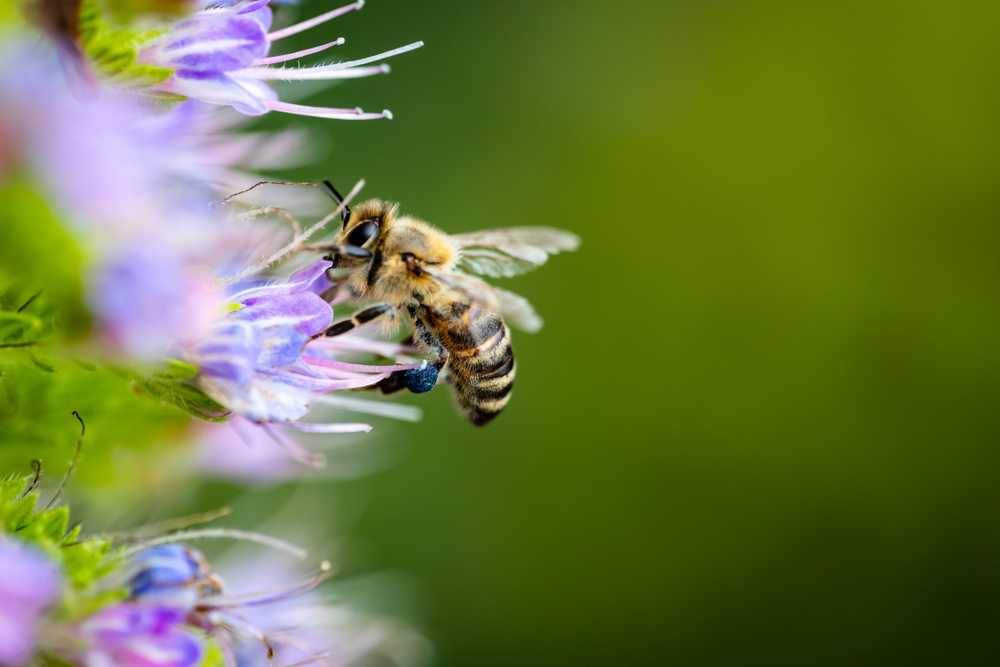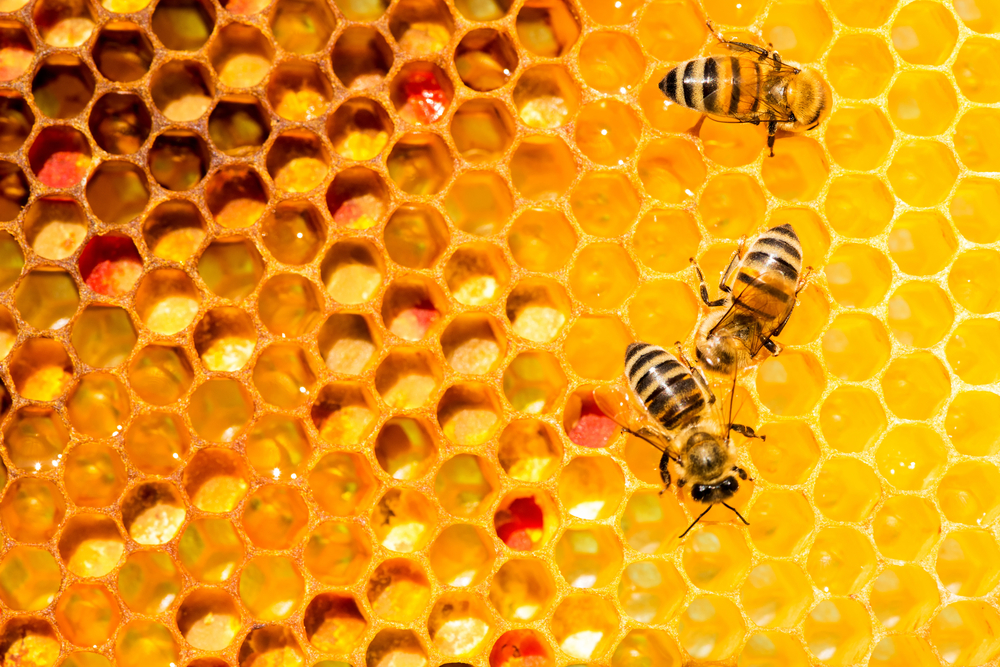Bees have various species and the specific one managed by humans only comprises a portion of them. Over time, bees have been exploited and endangered, which is why you need to do the necessary measures to protect what is left of them. This article lists down the importance of bees in the world and why you should never kill a bee.
Pollination
One of the primary reasons you should never kill a bee is because they have a crucial role in pollination. Regardless of whether you encounter carpenter bees that live in solitude or honey bees that often come in swarms, all are important in carrying large pollen grains between plants. In this case, they use the hair they have on their bodies to transport pollen grains which can sometimes be twice as much as their weight. With the bees helping in the pollination of plants, crops usually produce better yields.

Health Products
Another reason why you should never kill a bee is that they are the source of honey, which is a raw material that is used for different health products. While no scientific data is backing up the effectiveness of honey in treating various ailments such as eye issues or bronchial asthma, as well as throat infections or tuberculosis, several people already vouch for it. Perhaps this can be attributed to the fact that there are already research studies that show that honey has antioxidant, antimicrobial, and anti-inflammatory properties.
Apart from honey though, bees also produce beeswax that is known to be beneficial when used as waterproofing or fuel. Even pharmaceutical industries have leveraged beeswax and incorporated it in ointments that are used to treat several ailments and diseases. Some of the other bee products that prove to be beneficial for humans include bee pollen, royal jelly, as well as bee venom.

By Diyana Dimitrova | shutterstock
Societal Impact
Alongside pollination, as well as the health products that you can garner from bees, you should also avoid killing these insects because they have a certain level of societal impact. Because bees are very intelligent, experts have been studying how humans can learn from bees when it comes to developing emergency plans that are necessary during evacuations. Another thing that researchers can learn from bees is the changes that are taking over the environment.
Reasons Behind the Disappearance of Bees
You should never kill a bee because they are already beginning to disappear. Without them, there will be an imbalance in the environment. Some of the reasons why they are slowly being wiped out from the earth’s surface are habitat loss as well as the use of pesticides. Even climate change contributes to the reduction of their population. For these reasons, you should exert the effort to contribute to their preservation rather than otherwise.
Bees are very important not only for pollination but also because of the various health products that humans can garner. Bees are also known to have a societal impact, which is why you should never kill a bee. Rather, you should put your best foot forward in protecting the species they have left on this earth.


Trackbacks/Pingbacks